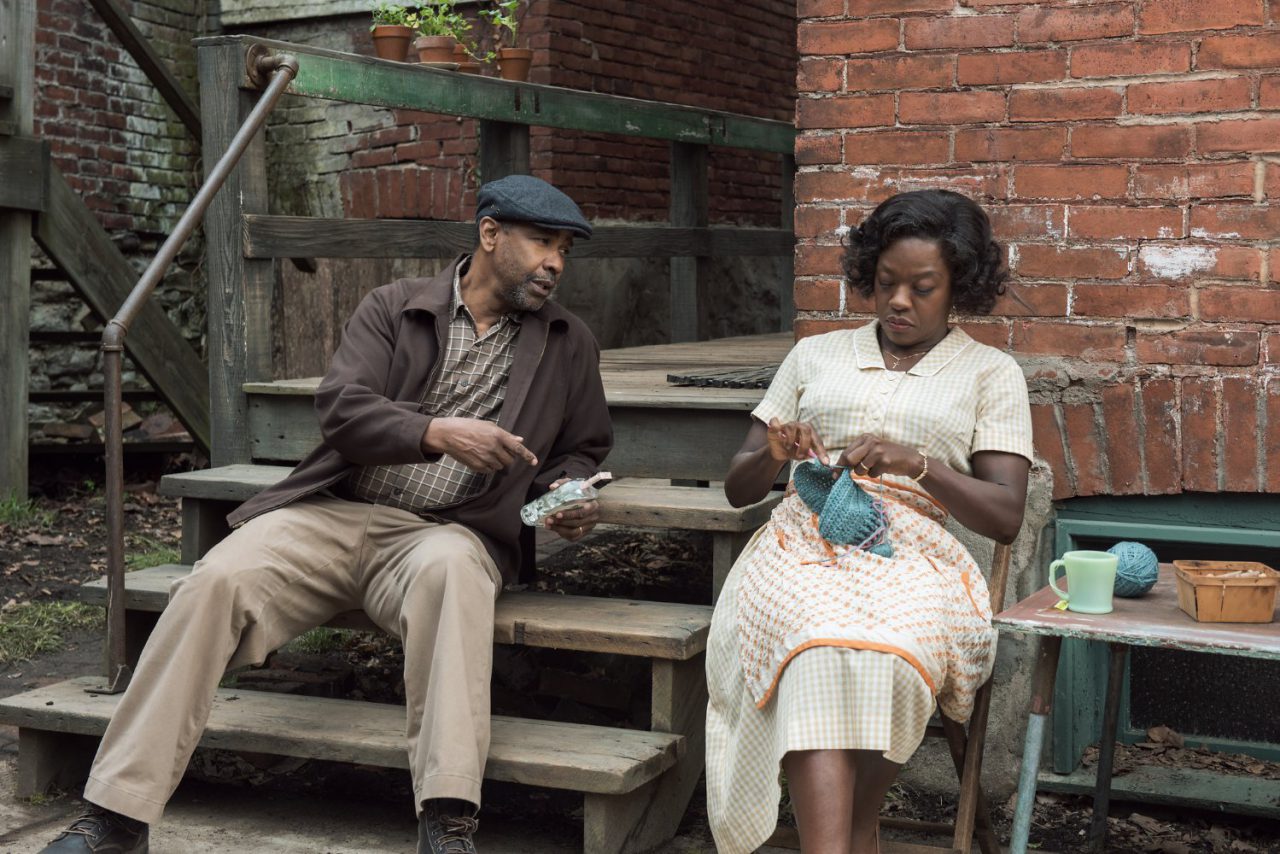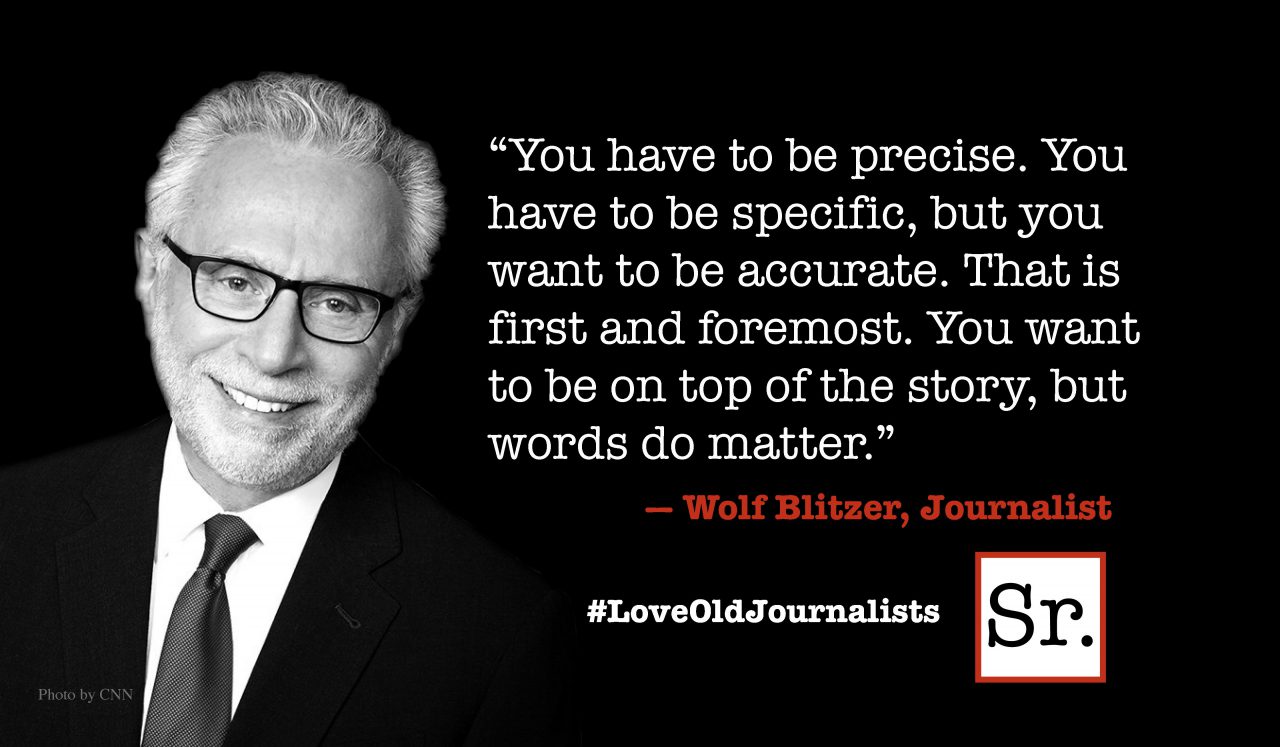Two-time Oscar winner, and current nominee for lead actor, Denzel Washington has never given, and may never again give, a performance as deep and revelatory as he does in “Fences.”
This screen adaptation of August Wilson’s 1987 Pulitzer-winning drama, directed by Washington, offers the ideal match of performer and part, allowing the actor to sink his teeth into a role so perfectly balanced in subtlety and grandiosity as to reduce most film acting to the level of cardboard cutouts.
The dialogue is rendered in a sort of mid-century black urban dialect, but the effect is nothing short of Shakespearean. In its power and complexity, “Fences” feels like an African American “King Lear.”
Set in the late 1950s in a black neighborhood of Pittsburgh, Wilson’s drama centers on Troy Maxson (Washington), a man fiercely determined to keep his dignity while fighting his own set of demons.
A minor star of baseball’s Negro leagues, Troy was too old to benefit from Jackie Robinson’s integration of the majors, and that missed opportunity still rankles him. Now he works as a city trash collector and is noisily wrangling for a position as a truck driver, a gig usually restricted to whites. Troy sees that discriminatory policy less as a social injustice than as a personal affront.
Smooth talking but essentially combative, Troy nurses old hurts that gnaw at his manhood. He can be outwardly friendly and garrulous, a raconteur and an entertainer. But he can turn on a dime if the wrong button is pushed, and then his belligerent, dark side flashes. Troy invariably has a loquacious argument to justify his transgressions, but push him too hard and the dominating and intimidating side of his personality steps up to slap down his critics.
Wilson’s screenplay (actually it’s his stage play, with the addition of just one line of dialogue) provides Troy with an assortment of friends and family members who serve as his audience and occasional victims.
His wife Rose (a stunning Viola Davis) is a friendly, outgoing woman who has learned how and when not to push her explosive spouse. Often they seem true equals; at other times it’s obvious that Rose must walk on eggshells around her man.
Late in the film, when Rose learns Troy has betrayed her, Davis puts on a hair-raising display of anger that may be the film’s most powerful moment.
Their son Cory (Jovan Adepo) is a talented athlete whose hopes of a college football scholarship are crushed by Troy’s dour predictions. His own dreams of ballpark stardom stymied, Troy refuses to set his son up for what he is sure will be a devastating disappointment. Or could Troy simply resent the idea that Cory might succeed where he didn’t?
Lyons (Russell Hornsby), Troy’s older son by an earlier marriage, has already been through the wringer of Troy’s disapproval. He has affronted his father’s by his choice of career—honky tonk guitarist—and his constant borrowing of cash from the old man.
Troy’s brother Gabriel (Mukelti Williamson) is a sweet-tempered man child who suffered severe head injuries in battle during World War II. Now he drifts about the neighborhood, trumpet in hand, semi homeless. Apparently Gabriel got a big disability payout from the V.A., but as his guardian Troy handles the money. It’s questionable how much gets to Gabriel.
Finally there’s Bono (K.C. native Stephen McKinley Henderson), Troy’s fellow garbage collector and best friend. Loyal despite witnessing Troy at his worst, Bono is a sort of a tentative Jiminy Cricket, gently turning his buddy away from the destructive tendencies simmering inside. But there’s only so much anyone can do to bank Troy’s anger and appetites.
The film’s title refers both to Troy’s long-planned project of fencing off his backyard (turning his home into something resembling a castle) and to the social barriers he sees erected against him — not to mention the walls he inadvertently has built between himself and others through his stubborn and self-centered behavior.
“Fences” was shot on location in Pittsburgh, but despite efforts to “open up” the material, it feels stage bound. It’s virtually all talk, no action.
Nor is there a plot, as such. Just a series of conversations that over time reveal the many aspects of Troy’s complicated psyche.
On a performance level, though, this experience is nothing short of devastating.









